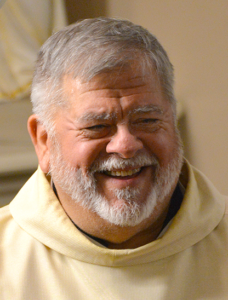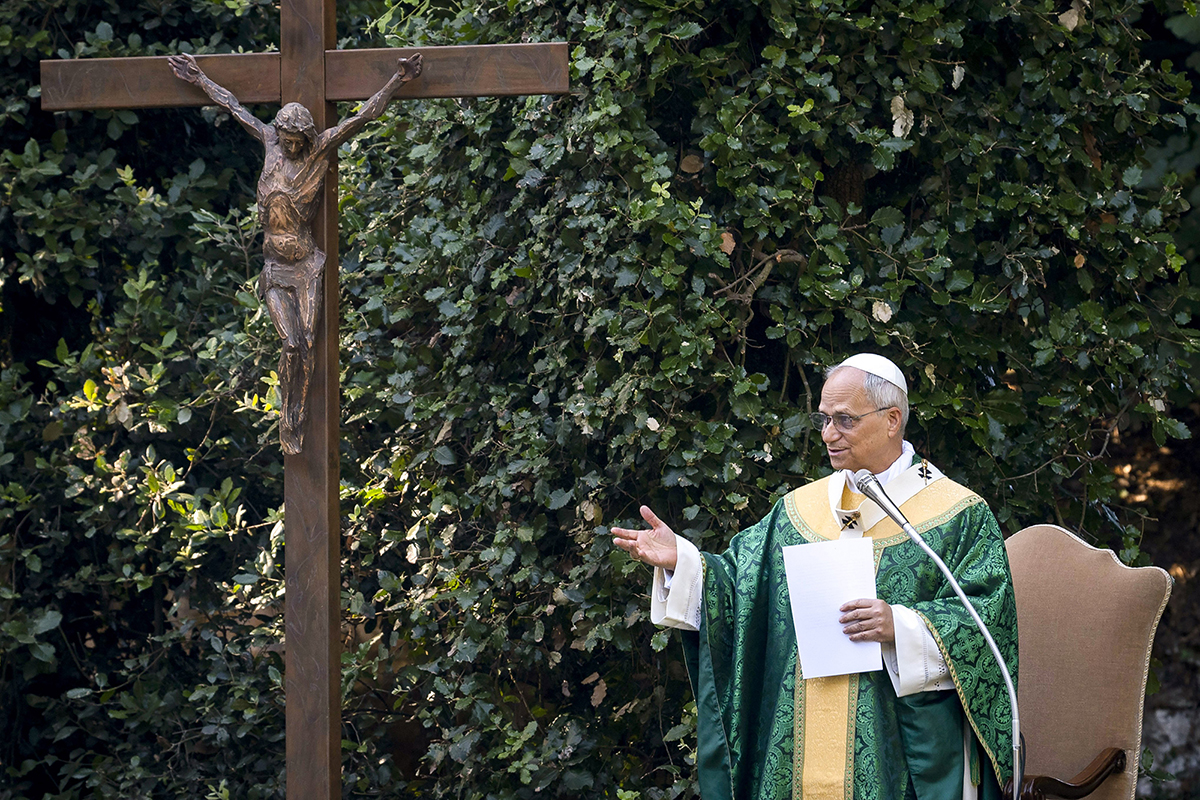SUNDAY SCRIPTURES FOR MARCH 2 | How do we consistently act when things get difficult?
The fears we hold on to have the power to shape our actions, but friends speaking the truth out of love can help us

Scripture makes it clear that anybody can be a good person when everything is going their way. The true character of a person is revealed in inconvenient or difficult times. When we don’t get our way or are forced to deal with something we didn’t initiate or don’t like, our true character shows. Many of the images used in Scripture for the Eighth Sunday in Ordinary Time help us understand who we really are rather than the image we project for others to see. Who are we when we are tested?
In the midst of our ordinary lives, we will at some point be put to the test. This doesn’t mean God is trying to prove we are worthy of His love; it is not God’s love that is at stake. God has already given us the promise of His unconditional love. We’re looking at our witness to God’s love and the fruit it bears in our lives.
A long time ago, I heard some famous person say, “people show you who they really are.” We often see the behavior of someone and wish that it were different or imagine that they are a different person than what their behavior shows. Any of us can have a bad day and reveal some of the worst part of our personalities, but this is talking about the long haul. How do we consistently act when things get difficult?
Did we grow up learning that we can’t trust other people, so we always have to be defensive? Did our growing up teach us that this is a scarce world and we have to grab as much as we can no matter the cost to others? Were we somehow taught that security comes from having the most possessions or being in relationship with the most powerful people? Did we grow up thinking that we only act on the truth when it doesn’t cost us anything? Have we always found our security in being part of a group and fear being ostracized for our beliefs?
The fears and anxieties that we hold on to have the power to shape our actions. The more unconscious they are, the more we are apt to act out of them without even knowing it. We each have virtues and vices, but it is certainly advantageous to be consciously aware of what those vices are. If I’m greedy, I might be less generous than I admit. If I forgive others only after they forgive me, I might be less forgiving that I am called to be. Being unconscious of my own vices makes me less able to be the virtuous person I want to be.
I know that I have had the experience of fooling myself. I really have thought in the past, and probably still do in the present, that I look a certain way on the outside and that reflects who I am on the inside. It has been very helpful to me to have a group of people who have permission to tell me the truth, even if they know it’s not something I want to hear. That same group has committed their love and support to me, so the truth comes out of the context of love and not hatred. Do we have someone or some people in our lives who have the permission to tell us the truth, even when we don’t want hear it? Are there people who love us that much?
We can’t truly lead people through our discipleship if we fail to recognize our own blindness. We will be more apt to see another person’s faults way before we recognize our own. Church is meant to be community living and not individual journeys sharing the same building of prayer. Let us assist each other in bearing good fruit in our journeys of discipleship together.
Father Donald Wester is retired and serves as lecturer of homiletics at Kenrick-Glennon Seminary.




